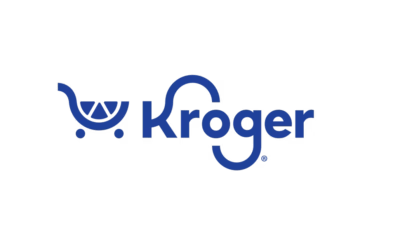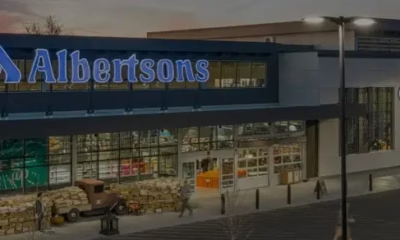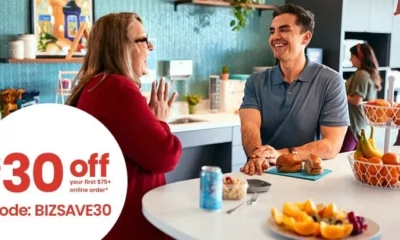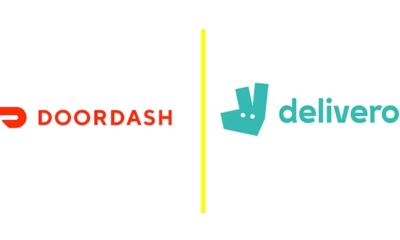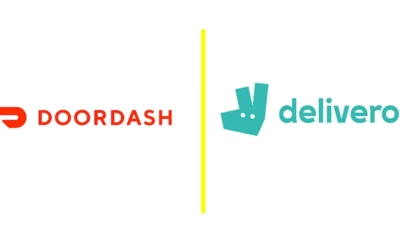Merge & Acquisition
Analysts Predict FTC Will Prevail in Kroger-Albertsons Merger Case
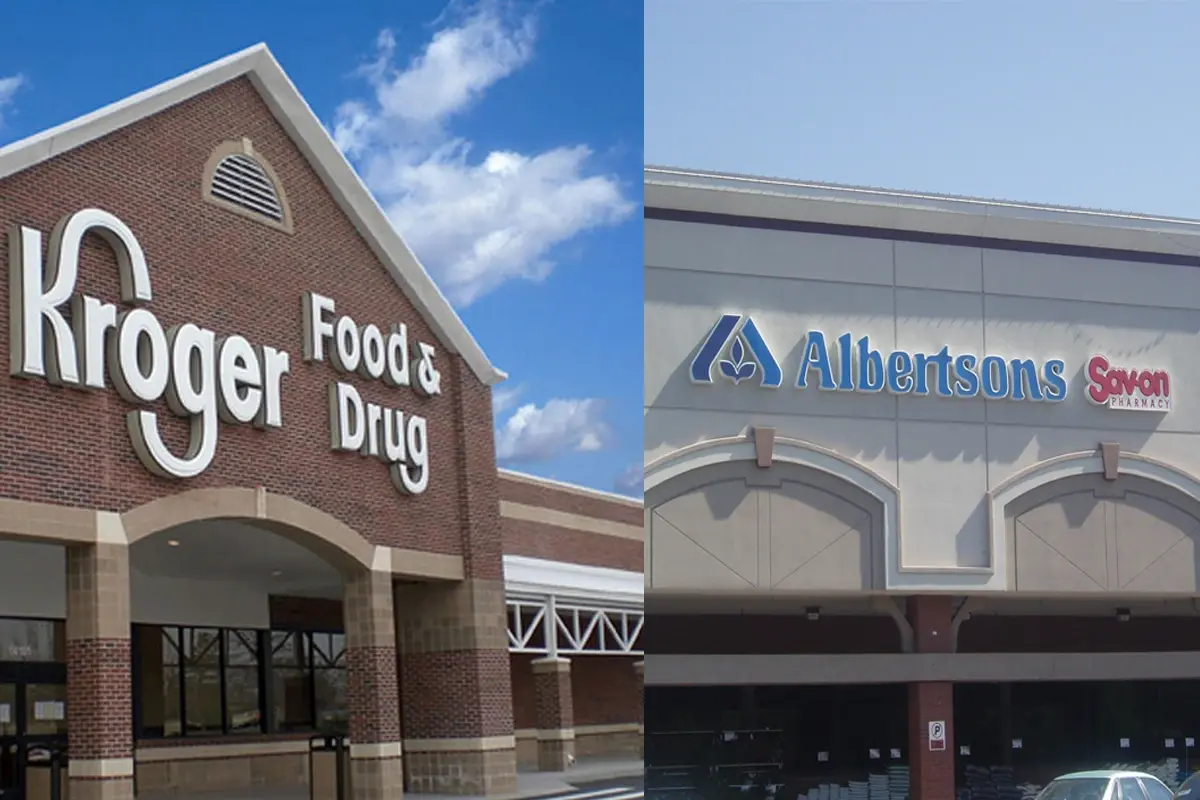
As U.S. District Judge Adrienne Nelson deliberates on the outcome of the Federal Trade Commission (FTC) case against the Kroger-Albertsons merger, which concluded on Tuesday in Portland, Oregon, market analysts are weighing in with their predictions, and the outlook appears bleak for the grocery giants.
Experts like Eric Fruits, senior scholar at the International Center for Law & Economics, and David Balto, an antitrust lawyer and former policy director of the Bureau of Competition at the FTC, both suggest that a court injunction blocking the $24.6 billion merger is likely. “I believe the FTC made a compelling case, showing that Kroger and Albertsons are significant competitors, and their competition directly benefits consumers,” said Balto. He emphasized that the argument surrounding whether C&S Wholesale Grocers could effectively replace the competition between Kroger and Albertsons fell short.
At the heart of the trial was the debate over the definition of competition. The FTC argued that big-box retailers like Amazon and Walmart, which offer thousands of products in a one-stop shopping format, represent the major competition in the grocery market. This effectively removes smaller players like Aldi, Trader Joe’s, and dollar stores from the equation. Kroger and Albertsons’ attorneys, however, contended that the grocery market has evolved and that consolidation is necessary to compete against massive retailers.
The FTC strategically used Albuquerque, New Mexico, as an example to illustrate how the merger could negatively impact grocery competition in certain areas. According to Fruits, this was a smart move, as it showcased how the merger could drastically alter competition in localized markets. The FTC didn’t need to prove widespread anti-competitive behavior but only had to show that at least one market would be affected.
“The FTC argued that finding just one negatively impacted market is enough,” said Fruits. “With hundreds of markets, it becomes a numbers game.”
Balto further criticized Kroger and Albertsons’ defense, calling their claims of a changing market weak. “The FTC is focused on the consumer who prefers a one-stop shopping experience, which you can’t get at Costco or Amazon,” he explained. He also noted that the evidence presented showed that Kroger and Albertsons closely monitor each other’s pricing strategies and respond accordingly.
Though a final decision in the case may take some time, given the complex, data-heavy nature of the trial, analysts are keeping an eye on the historical precedent. In 2015, when Albertsons acquired Safeway, many of the stores divested to Haggen failed and were forced to close. This failure casts doubt on the current proposed divestiture plan, which involves C&S Wholesale Grocers acquiring 579 stores from Kroger and Albertsons.
Balto believes the 2015 Safeway-Haggen deal has reshaped how supermarket mergers are viewed, noting, “The collapse of the Haggen divestiture showed just how risky these types of deals can be.”
Even if Judge Nelson grants an injunction, analysts predict that Kroger will likely appeal the decision, prolonging the legal battle further. Nonetheless, both Balto and Fruits believe that the FTC’s case stands on strong ground, with the odds favoring the agency’s position in the Kroger-Albertsons merger case.

